I am a Mechanical Engineering PhD Candidate in Mechanics and Computation at Stanford University. I am currently doing my Research Intern at Mitsubishi Electric Research Labs, working on multiphysical modeling and ML. My doctoral research focuses on understanding how material defects and microstructures govern macroscopic mechanical properties using computational approaches, such as metal strain hardening and homogenization of digital rocks. I was a Research Scientist Intern at Tokyo Electron. Previously, I got my MS in Mechanical Engineering from Cornell University and BS in Theoretical and Applied Mechanics from Shanghai University. I'm from Beijing.
I am interested in solving problems in mechanics of materials from atomistic to continuum scales. My research interests are combining computational mechanics, materials theory, scientific machine learning, and inverse optimization for structural and materials modeling and design, with potential impact on energy, biotechnology, and advanced manufacturing.
I TA'd Finite Element Analysis, here are some Problem Session notes that could be of help. Here is a short intro if you are interested in taking the course.
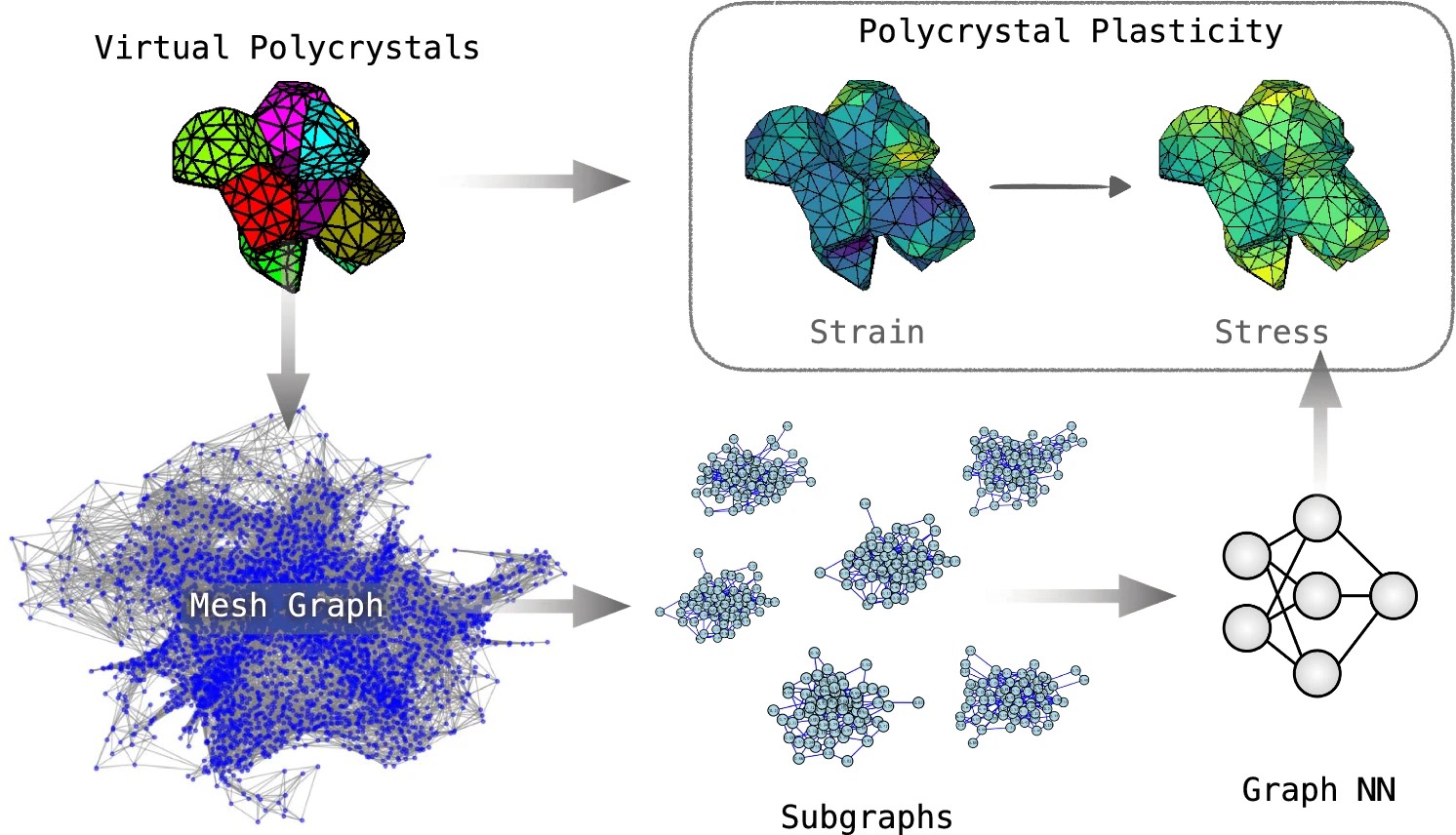 |
Zhai.
Stress predictions in polycrystal plasticity using graph neural networks with subgraph training. Computational Mechanics (2025).
TL;DR: GNNs are used to efficiently predict stress in polycrystal plasticity, achieving over 150x speedup compared to FEM with high accuracy. |
 |
Zhai & Yeo.
Computational design of antimicrobial active surfaces via automated Bayesian optimization. ACS Biomat. Sci. & Eng. (2023).
TL;DR: A new workflow to digitally design antimicrobial surfaces using Bayesian optimization. |
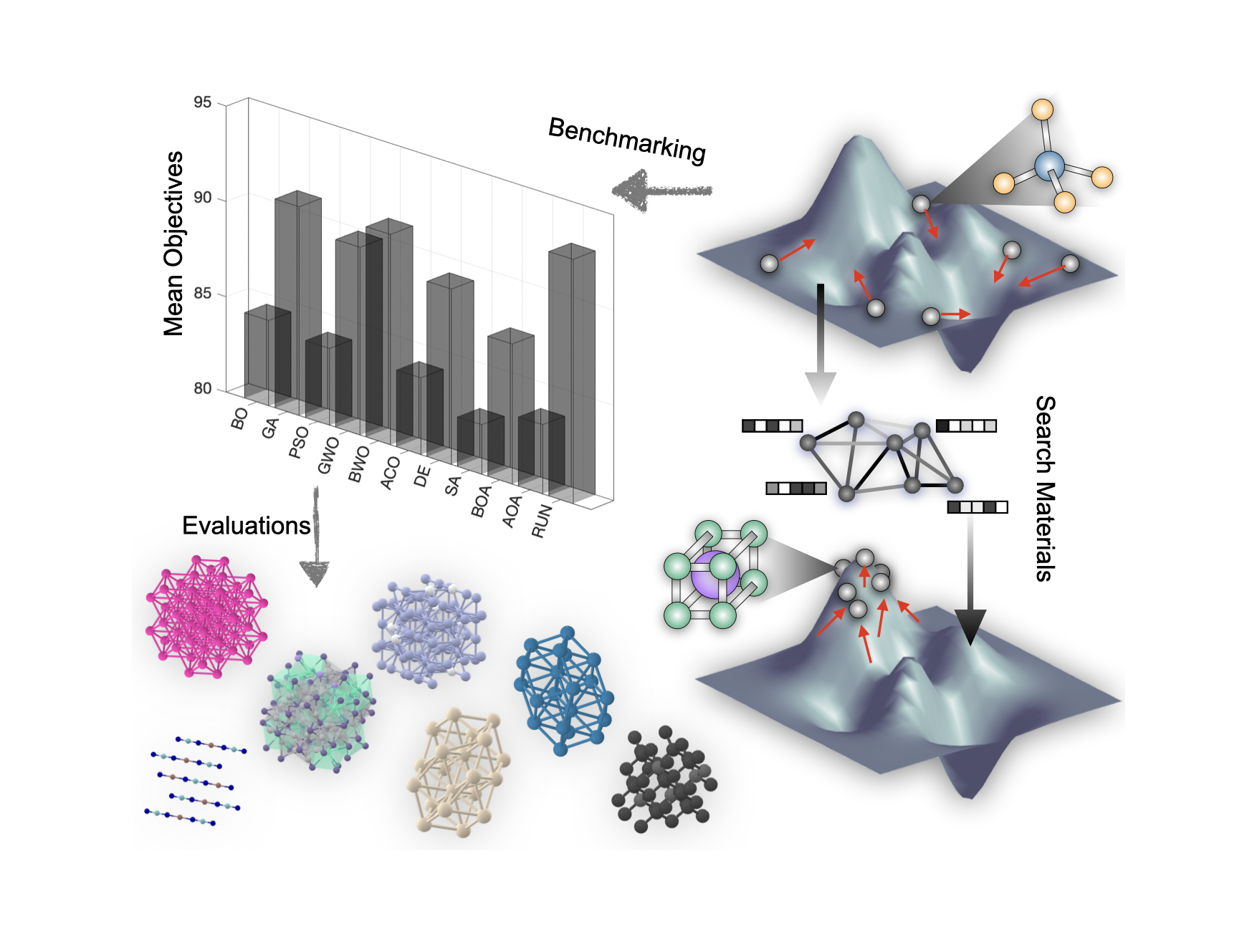 |
Zhai et al.
Benchmarking inverse optimization algorithms for materials design. APL Materials (2024).
TL;DR: We benchmarked optimization algorithms for designing elemental crystals for targeted properties. |
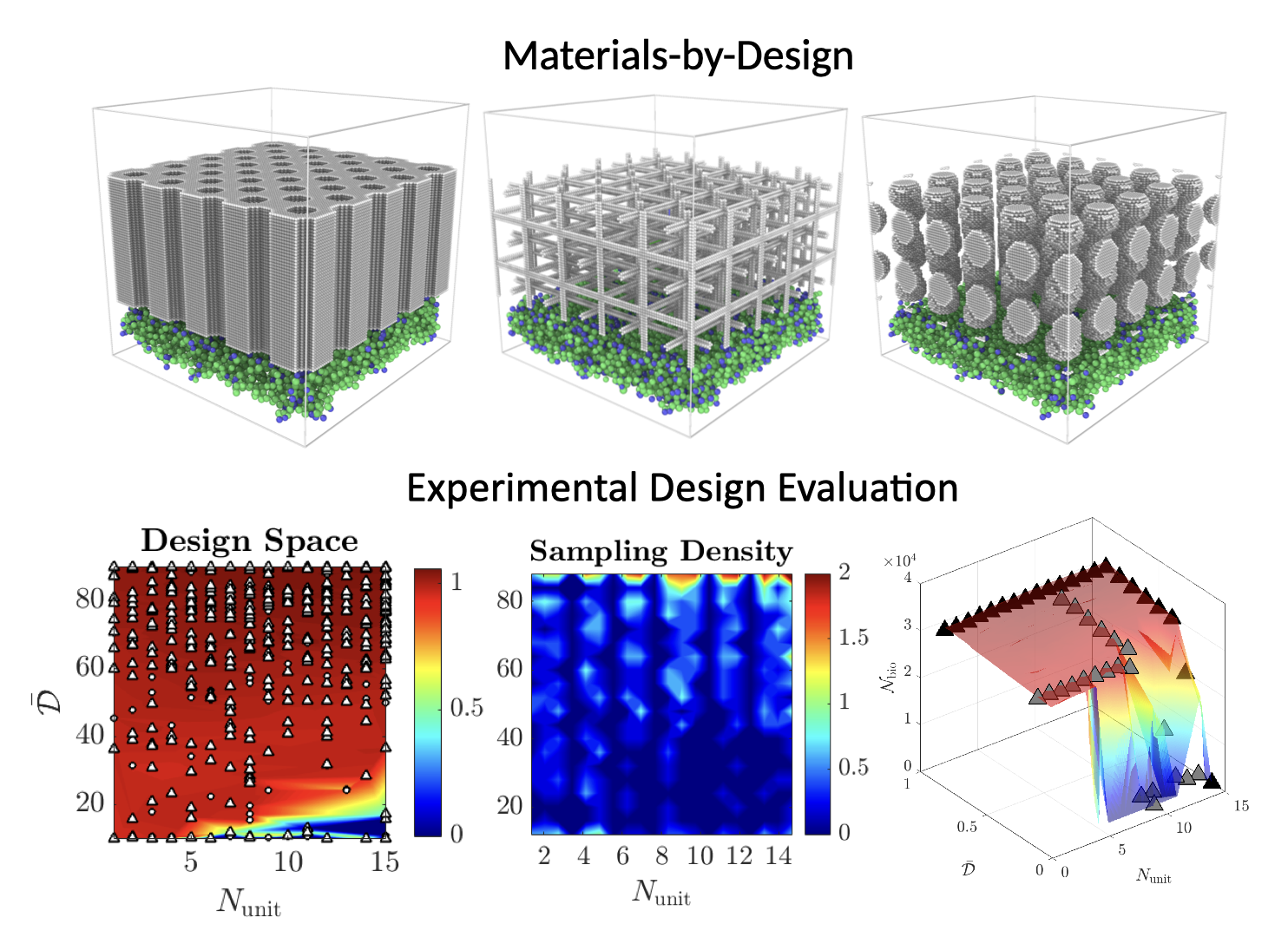 |
Zhai & Yeo.
Controlling biofilm transport with porous metamaterials designed with Bayesian learning. J. Mech. Behav. Biomed. Mat. (2023).
TL;DR: We use Bayesian optimization to design porous materials with enhanced biomass transport and insights into growth mechanisms. |
| 2025: We present our recent work on a new theory of dislocation link statistics in strain hardening at CompFest 2025 at Berkeley. | 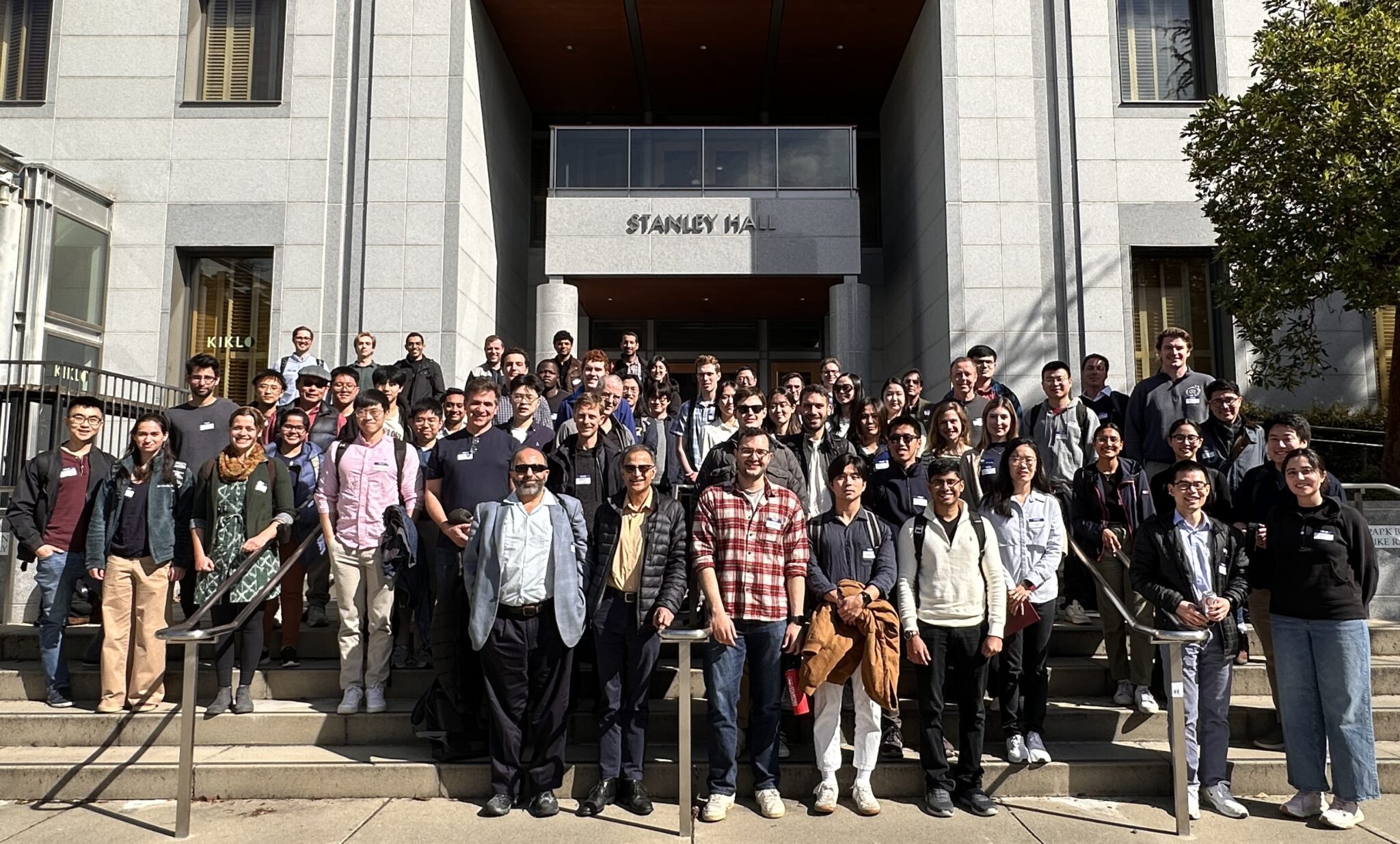 |
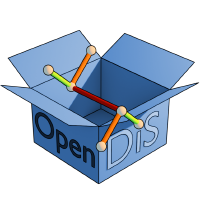 |
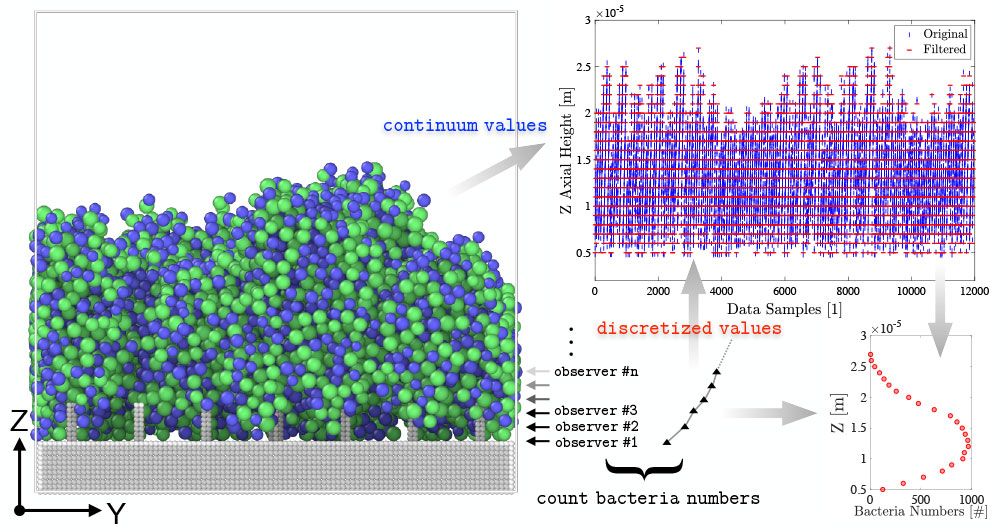 |
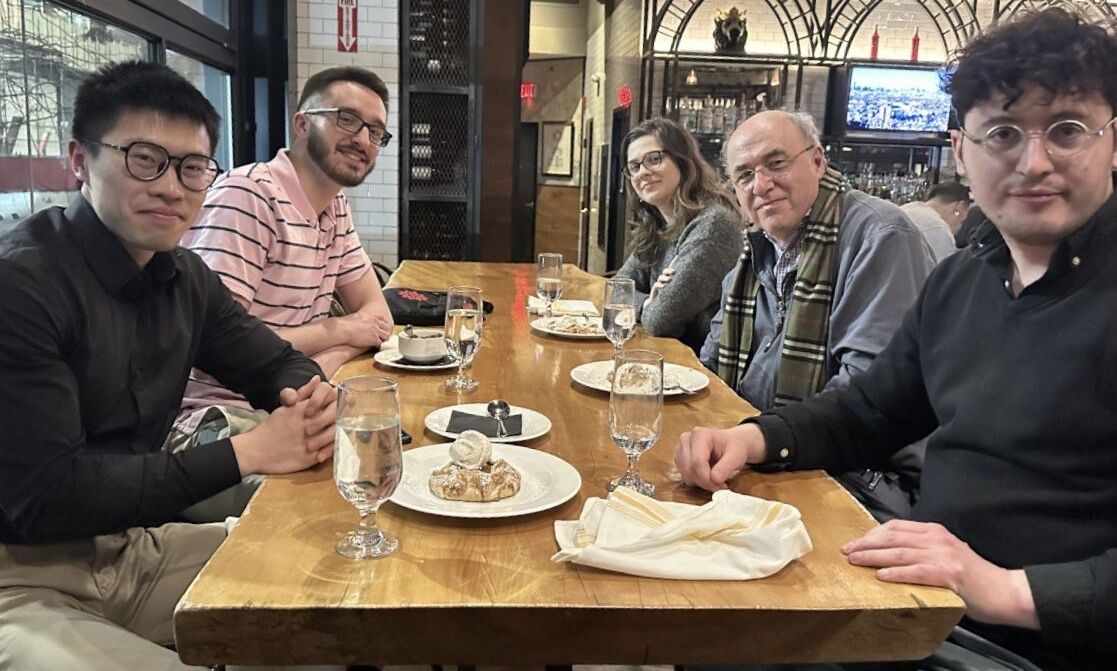 2023: With Stephen Wolfram in Boston. 2023: With Stephen Wolfram in Boston. |
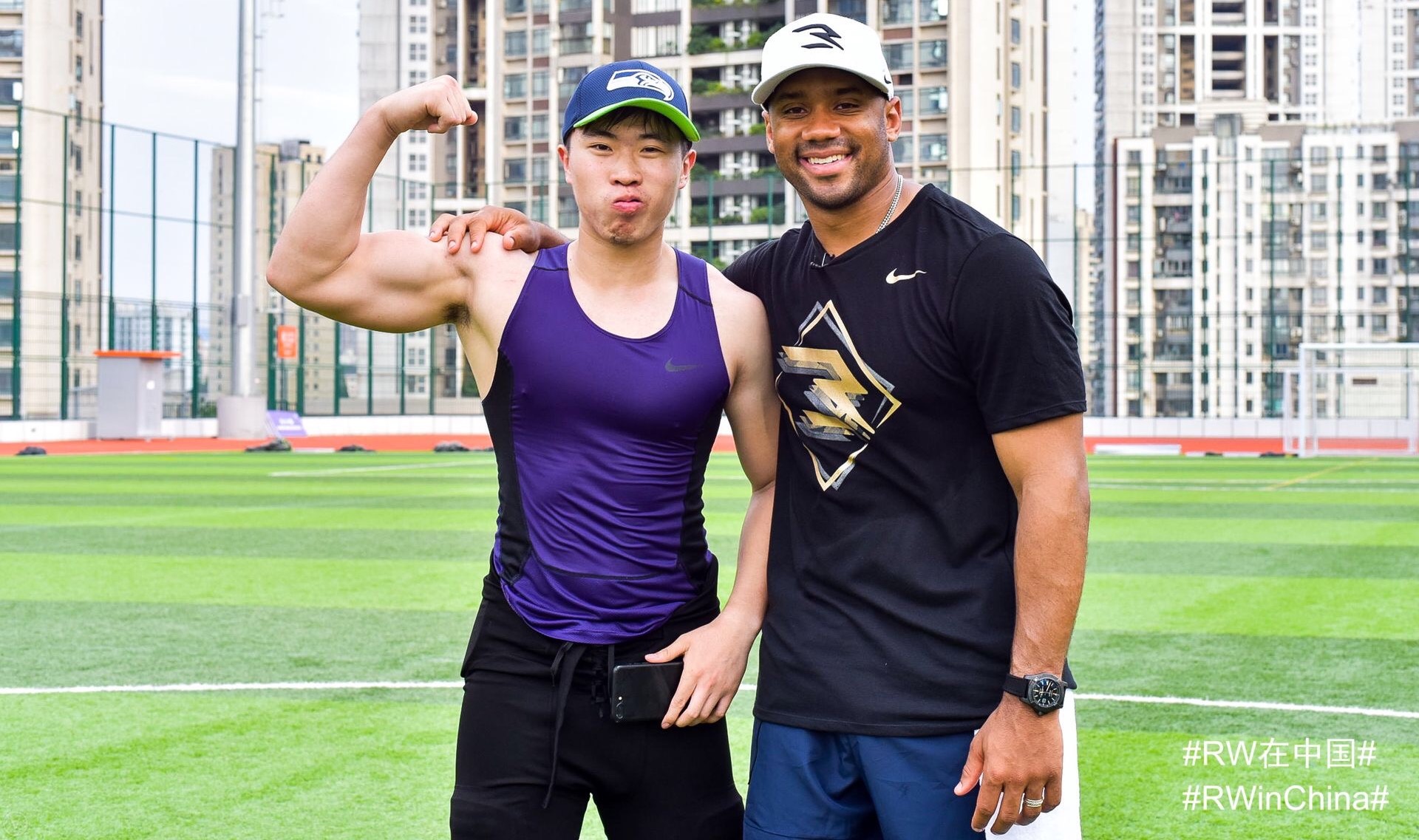 2018: Trained with Russell Wilson in Shanghai. 2018: Trained with Russell Wilson in Shanghai. |